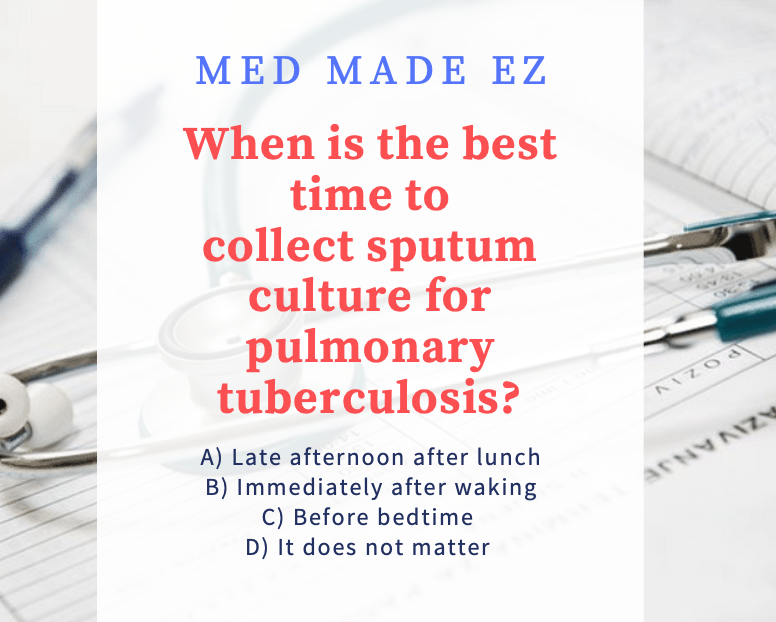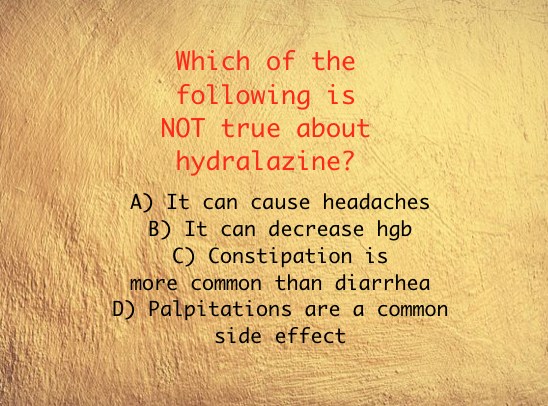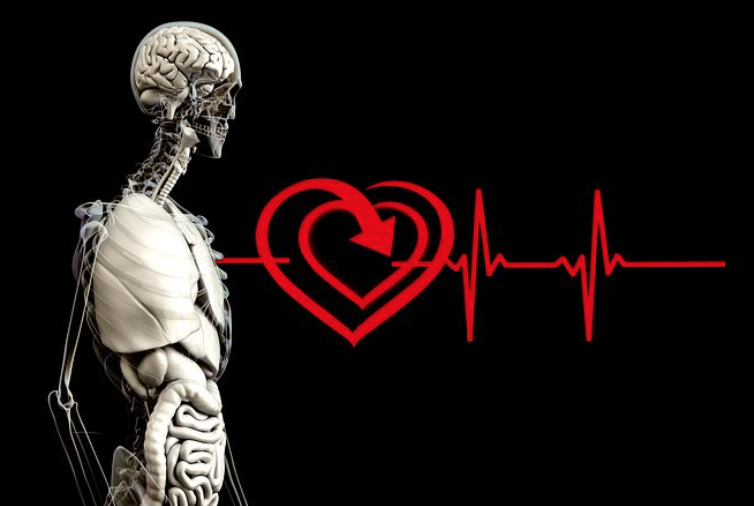WANT THE MOST CURRENT QUESTIONS SENT TO YOU? SIGNUP:
[jetpack_subscription_form]
8 SIGNS & SYMPTOMS OF DEPRESSION THAT ARE OFTEN MISSED
DEPRESSION can be a debilitating disease that affects almost every part of the body. “Depression is the leading cause of disability worldwide, and is a major contributor to the overall global burden of disease” (WHO)
Even though it is such a prevalent disease it is also often misdiagnosed and under-diagnosed. Depression is often associated with symptoms such as sadness, hopelessness, suicidal ideation, and unhappiness. However, there are many other signs and symptoms that are caused by depression that are often mistakenly attributed to other chronic conditions. It is essential to promptly identify depression so that appropriate treatment can begin. This will likely lead to the best patient outcomes.
Below are some atypical signs and symptoms that may indicate depression and unfortunately are often missed:
1. LACK OF MOTIVATION
- Lack of motivation can come in many forms. It can be in relation to goals, relationships, getting oneself ready, finding a job, and more. Individuals with depression often find themselves having a lack of desire to do anything that is positive. It is normal to sometimes find oneself lacking inspiration and or even needing some time to recoup and relax. It is not normal to let this go on for an extended period of time and if the lack of motivation.
2. FATIGUE
- Fatigue can be manifestation of conditions like anemia, vitamin D deficiency, sleep apnea, thyroid disorders, and/or diabetes. When one presents with fatigue, especially if severe, the individual should be evaluated with physical exam, review of systems, lab, and tests as indicated. Once other causes for fatigue have been ruled out, depression should be considered and evaluated (NOTE: may want to initially consider depression as source of fatigue and even treat early if indicated).
3. INCREASED ACHES & PAINS
- Increased pain and aches can often be a sign of depression. According to Daniel K. Hall-Flavin, M.D. “In many people, depression causes unexplained physical symptoms such as back pain or headaches. This kind of pain may be the first or the only sign of depression.” (1).
- Certain antidepressants (examples such as Duloxetine, Venlafaxine, & Amitriptyline) can actually be used to treat pain
- “Chronic pain and major depression have a shared neurobiology and appear to have a shared neuro-anatomy (in the brain and spinal column) and neuro-chemistry (norepinephrine and serotonin), with similar hypothalamic-pituitary-adrenal (HPA) axis, autonomic nervous system (ANS), and inflammatory cytokine disturbances” (2)
4. INABILITY TO FOCUS
- Trouble concentrating, memory loss, problems focusing are all signs and symptoms that may point to depression. People often feel overwhelmed and distracted when they have depression. Some people think that these are simply because of being so busy. However it can also be a sign of mental fatigue and burn out, both of which can lead to depression.
- Some studies suggest that brain processing speed is also impaired when one is depressed. (3)
5. PROBLEMS SLEEPING
- This can be a classic example of the cliche “which came first the chicken or the egg?” scenario. Is the sleeping disturbance creating the depression or is the depression creating the sleeping disturbance. Either way sleep can be impacted severely by depression. This can be either over or under sleeping, interrupted sleep, and troubles falling and staying asleep.
- This is often a missed sign of depression.
6. UPSET STOMACH
- Serotonin is a neurotransmitter that controls and regulates mood. Serotonin is closely connected to the function of the digestive system. “Your gut produces about 95 percent of the serotonin in your body, and changes in your serotonin level affect your gut as well as your brain.” (4)
7. PESSIMISM
- Pessimism is often a missed symptom of depression. Individuals with depression often have a doom and gloom outlook. Depressed individuals often have certain types of cognitive distortions. Cognitive distortions include over generalizations, all or nothing thinking, disqualifying the positives, and jumping to conclusions. They may have taught themselves not to get too excited or happy about something as it may hurt even more if they are let down. This may be a negative way of coping that is a result of being let down in the past.
8. DECREASED LIBIDO
- According to AAFP it is important to get a baseline on sexual function and also to note that decreased libido can be a result of hormonal changes, sleep disturbances, endocrine and cardiac disorders. Because depression also involves other issues such as decreased energy, motivation, feelings of worthlessness, it is not surprising that one would have decreased libido with depression.
TEST QUESTIONS:
- Steroid Cream
- Sitz Bath
- Cluster Headache
- Pronator Drift
- End Stage Renal Disease Diet
- Lochia Rubra
- Beefy Red Tongue
- Crutches
- Medication & Juice
- Teeth Clenching
- HELLP Syndrome
- Baby’s First Stool
- AND MORE TEST QUESTIONS




